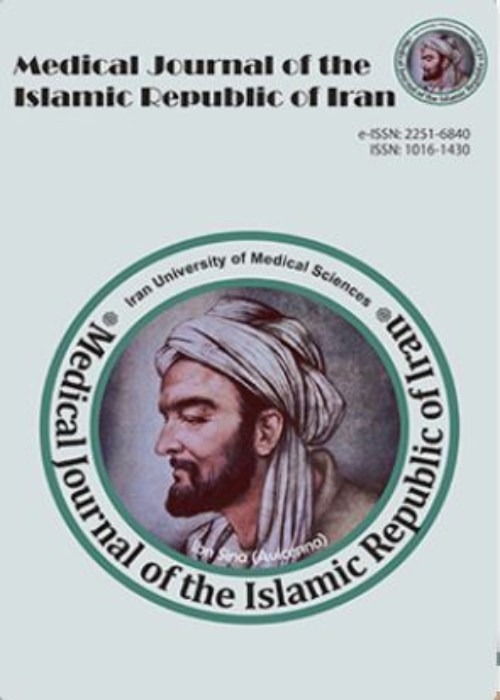Absconding from a Psychiatric Hospital in a Developing Country, Related Factors, and the Consequences
This study aimed to investigate the factors related to absconding and consequences of absconding in a psychiatric hospital in a developing country within 3 years.
This was a retrograde descriptive cross-sectional study from a psychiatry hospital in a developing country, Iran. The registered data of absconding between March 2018 and February 2021 were extracted. Furthermore, a retrograde follow-up by telephone on what happened after the absconding and the remembered motives was done. The obtained data were analyzed using SPSS statistical software for Windows Version 23 by descriptive statistics. The chi-square test, Fisher exact test, Student t test, or Mann–Whitney U tests were used for data analysis. P ˂ .05 was considered statistically significant.
Out of 7069 admitted patients during a 36-month period, 51 (39 men and 12 women) had absconded. The total absconding rate was 0.72%. The mean ± (SD) age of the patients was 29.7 ± (10.46) years, with a range of 10 to 54 years. No statistical difference between men and women emerged in terms of age (P = 0.89). Most of the absconders were men (76%), young (mean age, 29.7 years), single (70.6%), and involuntarily hospitalized (78.4%) in an urban area (90.2%), and absconded in the evening shift (58.8%) via the route of the main gate (58.8%) in the early days of admission (5 days). In terms of psychiatric diagnosis, the highest rank belonged to bipolar disorder (33.33%) and substance-related disorders (33.33%). About one-third of absconders had a current substance-related problem and most of them had experienced withdrawal symptoms or cravings days before absconding (75%). Absconders mentioned that “no need for admission” (45.1%), “economic problems” (23.5%), and “substance craving” (13.7%) were the most common reasons for leaving the hospital. Most of the absconders were hospitalized later (70.5%). The risk for self-harm (21%) or harm to others (2%) after absconding was low.
The general profile of absconders was concordant with previous studies. It was highlighted that economic problems in recent years had an evident impact on patients and it could be postulated that consideration of substance withdrawal may decrease absconding. It is advised to adhere to the policies that support community-based psychiatry and place an emphasis on early discharge and continuity of outpatient care.
- حق عضویت دریافتی صرف حمایت از نشریات عضو و نگهداری، تکمیل و توسعه مگیران میشود.
- پرداخت حق اشتراک و دانلود مقالات اجازه بازنشر آن در سایر رسانههای چاپی و دیجیتال را به کاربر نمیدهد.


